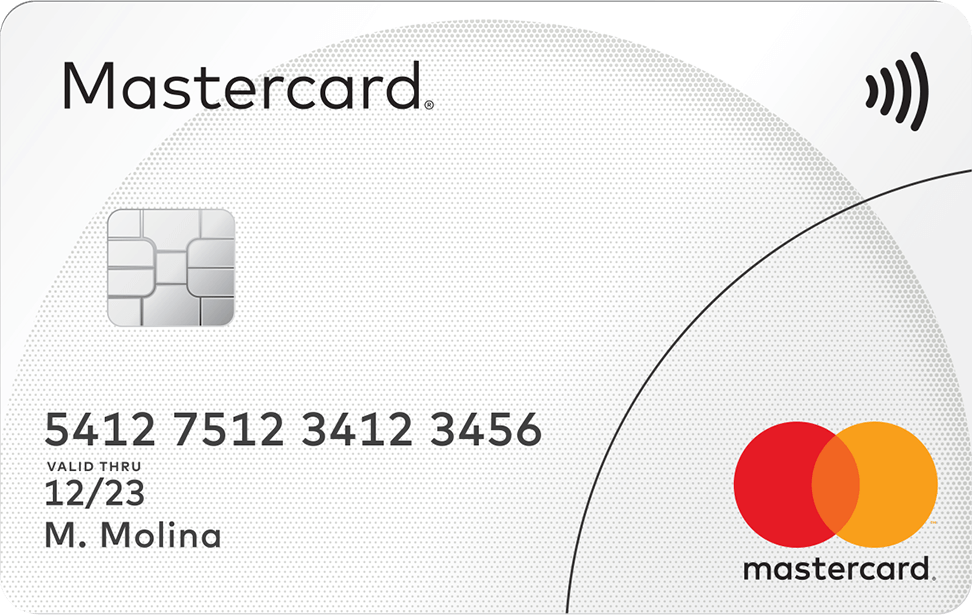MasterCard is rolling out a financial inclusion program in Guatemala, El Salvador and Honduras that will “accelerate the company’s objective of including five million unbanked individuals and digitize and provide credit access to one million micro and small businesses (MSMBs)” in the next five years.
The new program is part of MasterCard’s work with the Partnership for Central America and will include a $100 million investment to accelerate digital financial services in the three countries, where about 60% of adults don’t have bank accounts, according to the MasterCard press release Wednesday (May 11).
“We’ve taken concrete steps to bring 5 million people and 1 million small businesses into the digital economy in Guatemala, Honduras and El Salvador,” said Michael Froman, vice chairman and president, strategic growth, MasterCard, in the press release.
“Accomplishing this will require collaboration with FinTechs, mobile service providers and banking partners to innovate and scale access to financial tools that reach the underserved,” he said.
MasterCard will work with partner banks to encourage and enable them to offer financial tools and solutions — including digital and physical debit or prepaid MasterCard and micro business cards for business owners — to unbanked and underbanked individuals and MSMB owners, according to the press release.
Consumers and business owners will also have access to security features and can make and receive digital payments for social benefits, remittances (including person-to-person), point-of-sale purchases and more.
“Financial inclusion still represents a challenge for many worldwide, especially in Latin America,” said Carlo Enrico, president of Mastercard for Latin America and the Caribbean. “Through our new financial inclusion program in northern Central America, we will enable our partners to deliver the financial tools needed to accelerate economic development for people and businesses to thrive in Honduras, Guatemala and El Salvador.”
Consumers in Central America and the Caribbean still use cash as their primary payment method because a significant portion of the population is underbanked or unbanked, according to the latest edition of PYMNTS’ Digitizing Payments in Latin America Playbook.
About: PYMNTS’ survey of 2,094 consumers for The Tailored Shopping Experience report, a collaboration with Elastic Path, shows where merchants are getting it right and where they need to up their game to deliver a customized shopping experience. (https://www.pymnts.com/financial-inclusion-3/2022/mastercard-brings-financial-inclusion-offering-to-central-america/)



































